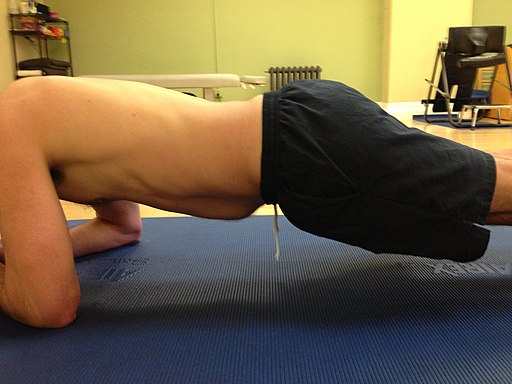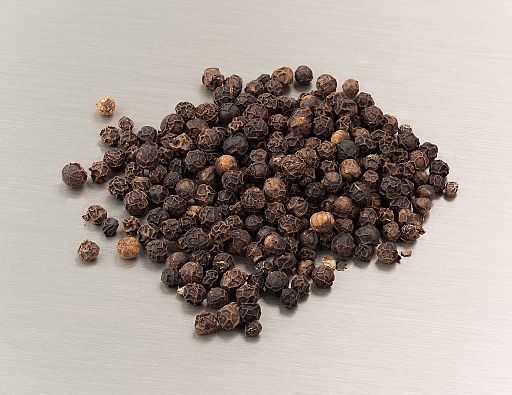
This news will not be appreciated by coconut oil lovers.
After reviewing all recent studies, experts at the American Heart Association still find that coconut oil should be avoided by those with heart problems, as it may raise saturated fat levels. Since fully 82% of coconut oil is saturated fat, compared with only 63% in butter, or 39% in pork lard, they warn that it should not be mistaken as a healthy fat choice.
Proponents of coconut oil claim that 83% of this saturated fat comes from medium chain fatty acids, or medium chain triglycerides, which are quickly turned into energy, rather than stored as fat. It is due to these medium chain triglycerides that coconut oil has recently been promoted for its use as a weight loss supplement, and as a cholesterol-lowering food which improves cardiovascular health. However, the AHA says there is no good quality evidence for either of these claims.
As before, the American Heart Association recommends that people try to limit the amount of saturated fat in their diet, and rather than use butter or coconut oil, it is best to choose unsaturated oils, such as olive or sunflower. Just by switching from a saturated to an unsaturated oil, studies show that cholesterol levels can be lowered just as much as when taking a cholesterol-lowering drug.
As for the recent headlines reporting that “butter is back”, those are also misleading. In 2014, a much-reported study from Cambridge University found that there was “no clearly supportive evidence for the guidelines that encourage cutting saturated fat from the diet”. However, one of the researchers at Cambridge University would like to clarify that remark, saying “that is an oversimplification, we never said that butter is a healthy fat choice.”
Further examination of different saturated fats indicate that some may be more beneficial than others, and further studies will be needed to uncover which are best avoided completely. In the meantime, it is best to follow the age-old advice to practice moderation in all we do, and particularly when it comes to diet.
While the occasional use of butter and coconut oil can be part of a healthy diet, it is not wise to consider either as a health food. The most important distinction is to consider which foods you replace your saturated fat with. If you replace butter with coconut oil, you shouldn’t assume that your level of saturated fat will go down. The safest choice of oil is still olive oil. And if you reduce the amount of fat in your diet but replace it with increased amounts of refined carbohydrates, your heart will not thank you.
In essence, what researchers have learned about diet in the last few years is, like so much else in life, that nothing is as simple as it seems.









